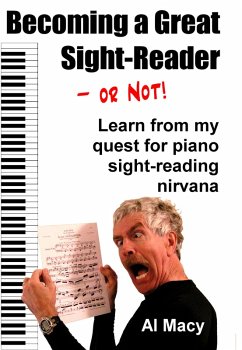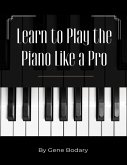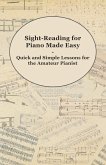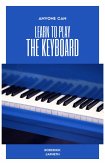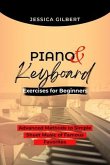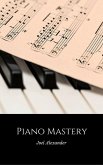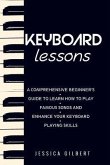"I would recommend this for anyone interested in improving their ability to sight-read." -- Bruce Lombardi, Amazon Customer
Author Al Macy practiced sight-reading every day for six years and carefully documented his journey. He determined what works and what doesn't. By following along with his quest, you can avoid the mistakes he made and take advantage of the tricks he found most useful.
Here are some of the questions this book will answer for you (you'll be surprised by some of the answers!):
Should you hire a teacher?
How long should you practice each day?
Will you inevitably improve if you just do a lot of reading?
How can you find enough practice music?
Which are more important, notes or intervals?
Is it okay to look down at your hands?
How far ahead should you try to look?
Can practicing with your eyes closed help?
How can you get better at leaving things out when you are having trouble?
What can you do about the fact that the notes on the bass clef are in different places than on the treble clef?
How does understanding the harmonic structure of a piece help you play it?
Does it help to sight-sing a piece before playing?
How should you analyze the tune before starting?
Macy also presents his very own soon-to-be-patented (not really) method for forcing you to attend to intervals instead of notes. If you find yourself so fixated on the note names that you can't work with the intervals instead, this trick might solve your problem.
And with Al's wacky, conversational writing style, you'll enjoy every minute of the book. You can curl up in a comfortable chair and read the whole thing or sit at the piano to try out the tips and tricks.
If you want to take your sight-reading to a whole new level and want tips that will help, or if you're just curious about what the future may hold for you, scroll up and grab your copy today!
Dieser Download kann aus rechtlichen Gründen nur mit Rechnungsadresse in A, B, CY, CZ, D, DK, EW, E, FIN, F, GR, H, IRL, I, LT, L, LR, M, NL, PL, P, R, S, SLO, SK ausgeliefert werden.

